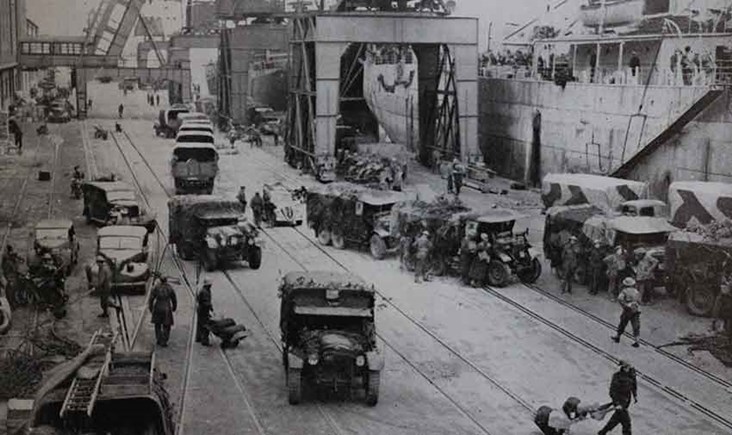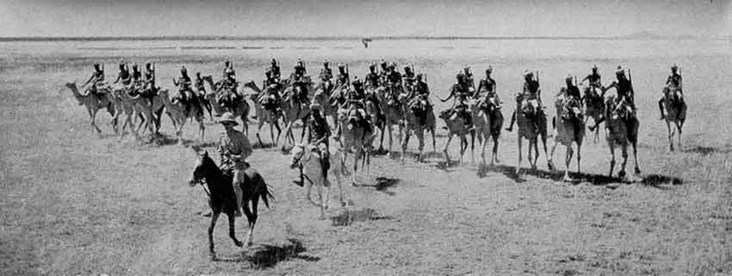I Was There! - Jerry Machine-Gunned Our Little Boat
The War Illustrated, Volume 3, No. 48, Page 108, August 2, 1940.
While engaged in whelk-fishing a few miles from their home port, three fishermen – Cyril Grimes, Roland Grimes and Joseph Barnes – were machine-gunned by a German 'plane which swooped upon their small craft. The story of their escape was told exclusively to "The War Illustrated" by the skipper, Mr. Cyril Grimes.
The crew of the 25-foot whelker were among those who responded to the appeal for boats for the evacuation of Dunkirk. They had returned, quiet heroes of that historic adventure, to their occupation of whelk-fishing when the German 'plane swooped upon them. Describing its murderous attack, Mr. Cyril Grimes, the skipper of the boat, said:
We were about ten miles out, and we were gathering in the whelks when we were machine-gunned. Earlier in the day we had seen the plane going westward at a great height, and at the time I said that it was a rum-looking plane. Then it came back. I think it may have been bombing somewhere, and as it was heading for home the Germans saw us. It was in a direct line for us, and it seemed that we were in its path.
I looked up and saw the iron crosses painted underneath the 'plane, which was at a height of four to six hundred feet. I was going to say that there was a Jerry coming towards us, but there was not time. The Jerry was travelling at about 200 miles per hour, and he began machine-gunning us. He flew directly over the boat, and we at once turned our engine off and threw ourselves to the bottom of the boat. The bullets flew all round the boat, but none of us was hit, nor was the boat. Some of the bullets were only a few inches away from me, and if anyone had been leaning over the starboard side he must have been hit.
The machine-gunning went on for a short time; it must have been for a few seconds, but it seemed like hours. The plane then flew away to the east at a great speed. I raised myself in the boat and looked over the side, and as I saw that the plane was banking I thought that it was coming back for us, but it turned and went off.
I have never had anything like that happen to me before, and I don't want it to happen again – it was too close to be comfortable. There was another boat about a mile away, the crew of which thought that it was one of our own 'planes practising! We were gathering in our whelks at the time we were attacked, and the Jerry must have been able to see what we were doing. It just shows you that the Germans will do anything.
Previous and next article from I Was There!
I Was There! - We Saw Cherbourg Wrecked By Explosion
Passengers two miles out at sea on the last ship to leave Cherbourg on June 19 saw the whole quayside fall in ruins as British Marines blew up the docks. This story of the end of the great French port
I Was There! - We Swam in Oil When 'Lancastria' Sank
None of the sea disasters of the war is likely to surpass in human suffering the wreck of the troopship "Lancastria", which was bombed and sunk in St. Nazaire harbour on June 17. Here are some survivo
Index
Previous article
Across the Arid Plains of East Africa Races a Troop of Britain's Fames Somaliland Camel Corps
One of the finest and at the same time most picturesque regiments among the British forces in Africa is the Somaliland Camel Corps, a troop of which is seen here on the great plain of Tugwijaleh,
Next article
Raids Cannot Shake Our 'Indomitable Resolution'
Damage to military objectives was negligible, and attacks on convoys was ineffective. For every 6.5 civilian casualties Hitler lost one aircraft; for every two casualties he lost one airman. The R.A.F





